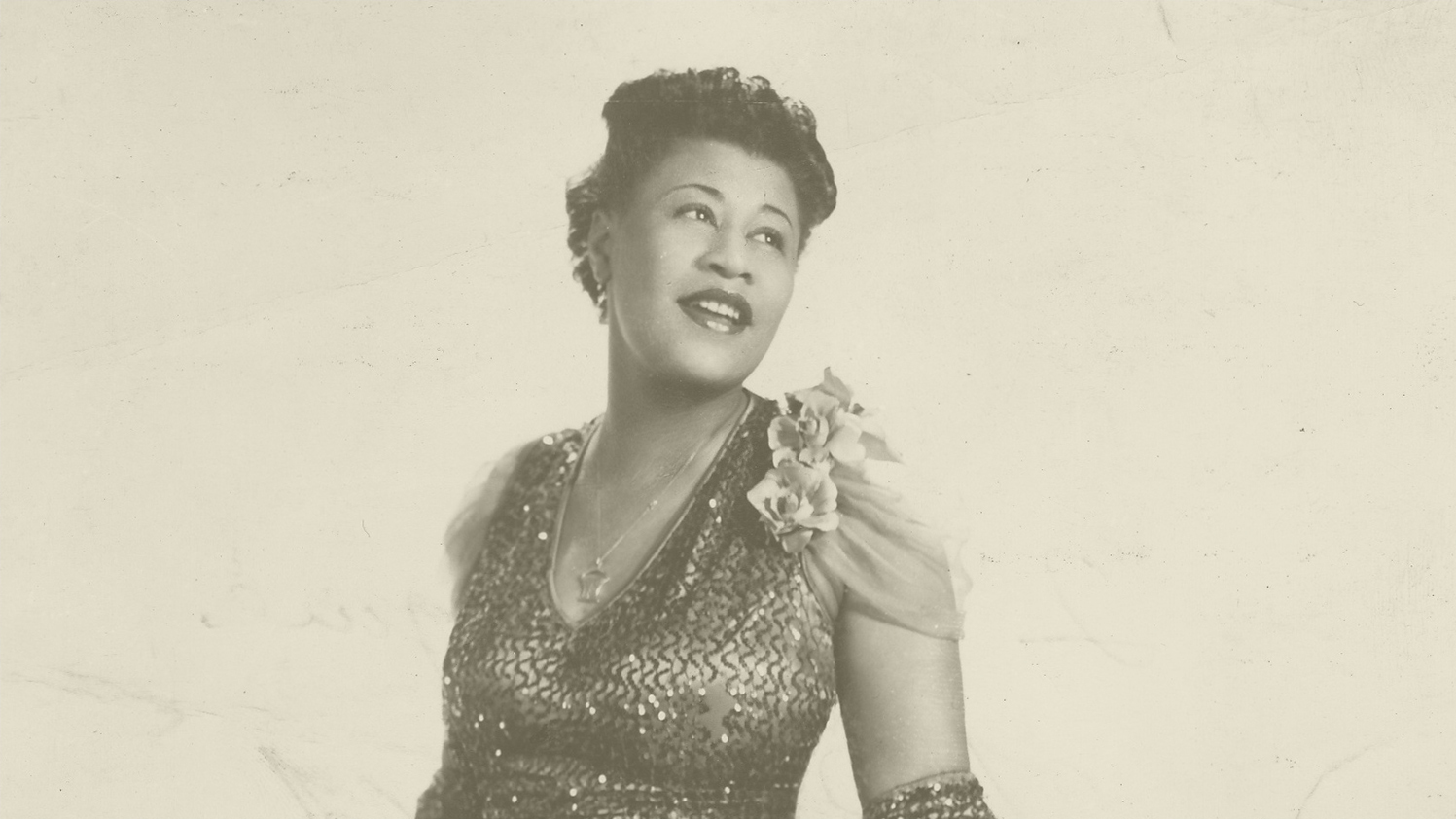Ella Fitzgerald, often referred to as the “First Lady of Song” or the “Queen of Jazz,” was a legendary American jazz vocalist renowned for her extraordinary voice, impeccable technique, and remarkable improvisational skills. Born on April 25, 1917, in Newport News, Virginia, Fitzgerald’s early life was marked by hardship and instability. After her parents separated, she moved with her mother to Yonkers, New York, where they struggled financially.
At the tender age of 15, Fitzgerald’s life took a fortuitous turn when she entered a talent contest at the Apollo Theater in Harlem. Initially planning to dance, she changed her mind at the last minute and decided to sing. Her rendition of Hoagy Carmichael’s “Judy” stunned the audience and earned her a prize. This performance would be the catalyst for her illustrious career.
In 1935, Fitzgerald’s big break came when she was discovered by bandleader Chick Webb. She joined Webb’s orchestra as the lead vocalist, and their collaboration yielded hits like “A-Tisket, A-Tasket,” which propelled her to stardom. Despite facing racial discrimination and segregation during the Jim Crow era, Fitzgerald’s talent transcended barriers, earning her widespread acclaim and admiration.
Throughout the 1940s and 1950s, Fitzgerald’s career flourished as she recorded numerous albums and performed with jazz luminaries such as Duke Ellington, Count Basie, and Louis Armstrong. Her extraordinary vocal range, impeccable phrasing, and ability to scat sing mesmerized audiences and cemented her status as one of the greatest jazz singers of all time.
In addition to her solo work, Fitzgerald collaborated with some of the most iconic figures in music, including Louis Armstrong, Duke Ellington, and Nat King Cole, producing timeless recordings that remain cherished by music lovers worldwide.
Fitzgerald’s versatility extended beyond jazz, as she effortlessly interpreted various genres, including swing, bebop, blues, and popular standards. Her velvety voice and unparalleled artistry captivated audiences across the globe, earning her numerous accolades, including 13 Grammy Awards and the Presidential Medal of Freedom.
Beyond her musical accomplishments, Fitzgerald was also a trailblazer for racial equality. She broke barriers as one of the first African-American women to perform at top-tier venues and to receive mainstream recognition in the predominantly white entertainment industry.
Ella Fitzgerald’s legacy transcends generations, inspiring countless singers and musicians with her timeless recordings and enduring influence. Even after her passing in 1996, her music continues to resonate, reminding us of the power of talent, perseverance, and the universal language of music. Ella Fitzgerald’s unparalleled contributions to the world of music ensure that she will forever remain an icon and a beacon of inspiration for generations to come.


No responses yet